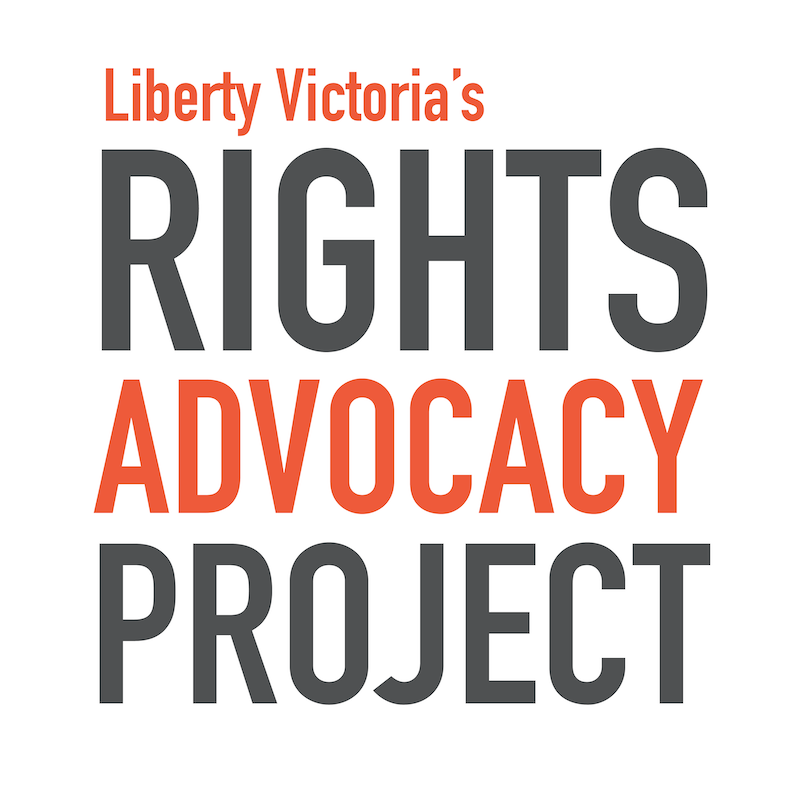
Refugee and Asylum Seekers
Whistleblower laws and offshore detention centres
Key aspects of Australia’s asylum seeker policies involve government acting outside Australia’s borders — on the high seas or on foreign soil. These places — where Australia exercises authority and control over people’s lives— are in many ways beyond the reach of the normal oversight arrangements and often beyond the reach of Australian courts. They are shrouded in secrecy. So what happens when we don’t know what the government is doing in our name?
Our report ‘Operation Secret Borders was launched in 2016. It explores the culture of secrecy surrounding our immigration policies and the dangers that it poses: both to people seeking asylum and to Australian democracy.
Following the launch of our report, Fitzroy Legal Service and Doctors for Refugees mounted a legal challenge contesting the constitutional validity of legislation preventing doctors working in immigration detention from speaking out. In response n late 2016, the government changed the legislation so these provisions no longer apply to health professionals. However, Doctors for Refugees maintained their constitutional challenge on amended grounds, and in August 2017, the government proposed changes to extensively roll back the provisions. These changes were quickly passed into law.
In the meantime, the Senate Legal and Constitutional Affairs Committee handed down its report into serious allegations of abuse, self-harm and neglect of asylum seekers in Regional Processing Centres. The report found that the government’s policies were ‘disturbing’ and that Australia must admit it controls the centres. The committee also called for an end to the secrecy, which it said exacerbated the vulnerability of refugees and asylum seekers, and prevented proper scrutiny. In doing so, it extensively referenced our report.
-

Report: Operation Secret Borders
The report explores the culture of secrecy surrounding our immigration policies and the dangers that it poses: both to people seeking asylum and to Australian democracy.
-

Wheeler Centre Panel Discussion
Central to a functioning democracy is the notion of an informed public. What happens when we don’t know what the government is doing in our name? Coinciding with a report by Liberty Victoria's Rights Advocacy Project into government transparency and border protection policy, our panel will explore the legal and cultural barriers to whistleblowing.
-

Op-Ed: The secrecy surrounding Australia's border security regime has gone too far
With doctors working in immigration detention now challenging the Border Force Act in the High Court, serious questions should be asked by the Australian public about the inability of doctors to speak out about what happens to the asylum seekers and refugees that they treat in offshore detention centres.
-

Submission: Inquiry into whistleblower protections in the corporate, public and on-for-profit sector
Read our submission to the Parliamentary Joint Committee on Corporations and Financial Services.
In the media
The Age – The secrecy surrounding Australia’s border security regime has gone too far
ABC Radio – Interview with Jon Faine
Right Now – Operation Secret Borders
New Matilda – What happens on Manus shouldn’t stay on Manus
Law Institute Journal – Operation Secret Borders: What we know can’t hurt us
